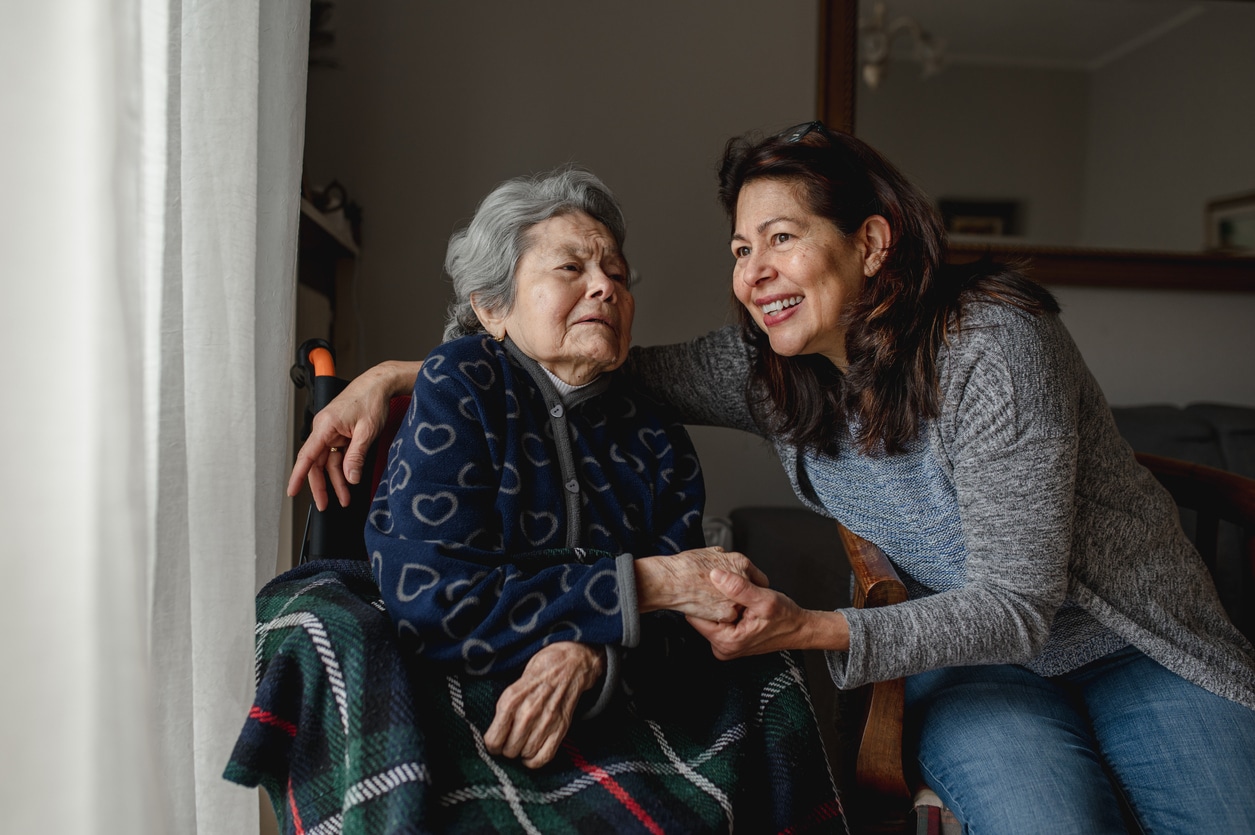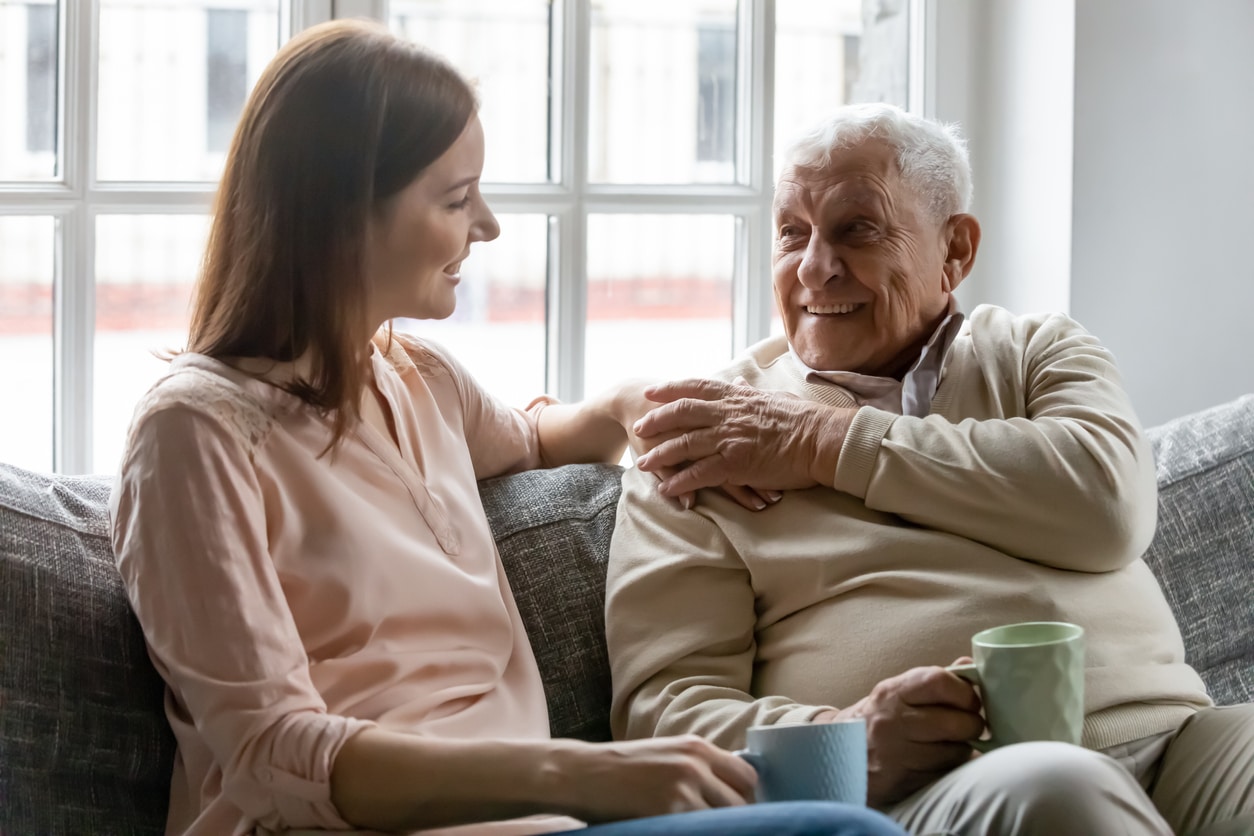Witnessing our parents or loved ones grow older and require assistance can be a challenging experience. The situation can become even more complex when we live far away and moving closer isn’t feasible. However, it’s important to remember that you should not feel guilty about this circumstance. You have your own life to lead. Fortunately, there are ways to participate in caregiving and provide support, even from a long distance.
Here are some suggestions to improve long-distance caregiving:
Maintain Regular Communication:
Stay in constant touch with your loved one through various means such as daily phone calls, video chats, text messages, or emails. Regular check-ins will make them feel connected and reassured, knowing you are there for them. It also allows you to stay informed about their well-being and any concerns they may have, which they might not feel comfortable discussing with their primary caregiver. Consider organizing video chats that involve the caregiver and other family members, creating a virtual gathering that brings everyone together. Additionally, surprise your loved one by sending small gifts or cards through the mail to brighten their day.
Find a Trustworthy Caregiver:
If a caregiver is required, it’s crucial to involve your loved one in the process of selecting and interviewing potential candidates. Their opinion matters, as they will be the ones directly dealing with the caregiver. Look for qualified and experienced caregivers who possess the necessary skills to meet your loved one’s specific care needs. After selecting a caregiver, regularly inquire about their satisfaction with the caregiver’s performance during your daily chats. This way, you can ensure their happiness while also verifying the accuracy of the information your loved one shares with you.
Plan Regular Visits:
Scheduling regular visits is essential to stay connected and get a firsthand understanding of your loved one’s situation. By visiting, you gain insights into their daily life and can address any concerns that may arise. Additionally, planning activities during your visits adds excitement and gives your loved one something to look forward to. You can take them out for lunch, accompany them while shopping for necessary or leisure items, and arrange gatherings with other family members to foster a sense of togetherness. These visits provide an opportunity for you to assume a caregiver role temporarily, enabling you to better comprehend their experiences.
Address Legal and Financial Matters:
If your loved one is experiencing cognitive decline, it is wise to take care of essential legal and financial paperwork in advance. Ensure that deeds, wills, power of attorney documents, and insurance policies are properly handled. Unresolved matters in these areas often lead to prolonged family disputes. It’s important to designate someone who is aware of the details concerning bank accounts, property ownership, and other crucial documents to avoid potential complications in the future.
Educate Yourself:
If your loved one is living with a particular disease or condition, educating yourself about it is vital. Seek information from medical professionals, experts, and specialists to gain a comprehensive understanding of their condition and the best ways to provide care. This knowledge equips you to make informed decisions and offer support, even if you are physically unable to administer the care directly. Stay updated on the latest advancements, treatments, and support resources related to their specific condition.
Encourage Social Engagement:
Promote social interaction and engagement for your loved one. If mobility is a concern, organize social activities at their home. You can also explore opportunities for them to socialize at senior centers or community gatherings. Simple activities like enjoying a cup of tea and having a conversation, playing cards or board games, or going on regular outings such as watching a movie or taking a stroll in the park can greatly benefit their well-being and overall happiness.
Consider a Medical Alert System:
Investing in a medical alert system ensures peace of mind for everyone involved. By doing so, your loved one will gain immediate access to help or medical attention whenever it is required, and you, as a caregiver can receive timely notifications whenever the system is activated.



